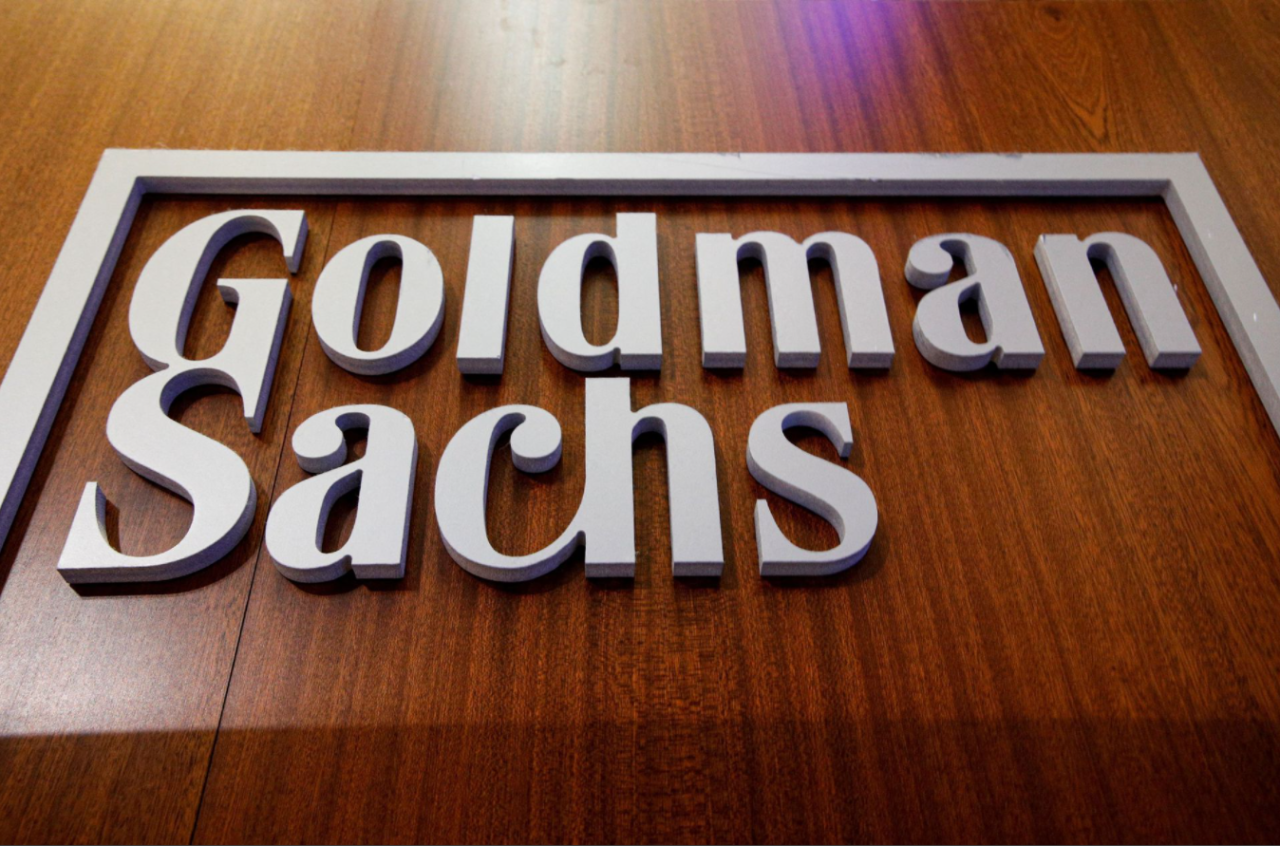Reacting to the SEC’s Climate Disclosure Rule (Newsletter 3/25/2022)
Sign up for The Infinite Minute to receive the top news impacting corporate ESG reporting.
Regulatory Update
The SEC Announces Proposed Climate Ruling
The ESG news we have all been waiting for was (finally) announced earlier this week. The SEC released its proposed climate ruling, in a brief 506-page read. In the announcement, SEC Chair Gary Gensler said the regulation is in response to pressures from investors managing over $130 trillion in assets, and therefore, aims to give investors “consistent, comparable, and reliable” information related to climate change. A few summarized highlights of the proposed disclosure requirements from public issuers include the following:
- Scope 1 and 2 emissions with an attestation report from an independent service provider
- Scope 3 emissions only if considered material to the company or the company has already released existing targets
- Material climate-related risks and risk management processes
- Board oversight of climate risk
- Financial impacts of climate events and transition activities within consolidated financial statements
For a more thorough overview of the proposed climate change disclosures and what it means for you, check out this bulletin.
So, who would be impacted the most by the potential rule? Likely, CFO’s. The new reporting requirements would integrate nonfinancial and financial reporting information, all of which ultimately fall under the CFO’s purview. For insight on what the ruling means for CFO’s, read more here.
Second, small- and mid-cap companies will also feel the bulk of the burden as many large-cap companies are already disclosing emissions data and climate risk information. According to a recent report from The Conference Board, Heidrick & Struggles and ESAUGE, 71% of companies in the S&P 500 disclosed greenhouse gas (GHG) emissions data in 2021, while only 28% of companies in the S&P MidCap 400 disclosed GHG emissions data. The percentage is less for small-cap companies, considering collecting and reporting the data can require more resources. Needless to say, there will be backlash coming from all angles, especially from the industries and groups most affected.
The country is already reacting. While many companies, investors, and activists are in support, there are several industries and cohorts that are not. For the next two months, the SEC is collecting comments. You can keep track of the supportive, triggered, reasonable, and nonsensical comments submitted here. The comment period will be open from now through May 20th, 2022. The final ruling is said to be released by the end of this year.
Investor Updates
State Street Specifies Potential Voting Actions around TCFD and EEO-1
Though State Street already named climate change and diversity as focus areas for the proxy season in its 2022 CEO Letter, the institutional investor’s recently released proxy voting guidelines paint a more detailed picture of actions the institutional investor may take this proxy season. Two of the most notable enhancements in this year’s guidelines are:
- Climate Change: May vote against independent board leader at S&P 500 and S&P/TSX Composite companies that do not to provide sufficient disclosure aligning with TCFD, which includes board oversight of climate-related risk and opportunities, Scope 1 and 2 GHG emissions, and emission reduction targets
- Diversity: May vote against the Compensation Committee Chair at S&P 500 companies that do not disclose their EEO-1 reports
Goldman Sachs Is Not Waiting for the SEC’s Climate Rule to Pass
In an effort to urge companies to follow the SEC climate disclosure rules proposed earlier this week, Goldman Sachs announced updates to its proxy voting policy, heightening expectations for companies’ climate reporting. It said it will vote against the audit committee or other committees that have responsibilities of overseeing ESG risks and do not report material GHG emissions data.
Reuters reported that Catherine Winner, Global Head of Stewardship at Goldman Sachs Asset Management said, “We want this so we don’t have to rely on third-party data, which is often wrong”. She also mentioned the institution will not wait for the SEC rule to pass to start taking action. According to Winners, since 2020, Goldman Sachs has engaged with 271 companies that do not disclose sufficient emissions data, and less than 100 of those companies have made no improvements, “making directors vulnerable”.

Abrdn Converts 24 Funds to Article 8 ESG Mandates
abrdn has launched its new Sustainability Group with 24 SICAV funds that are consistent with Article 8 of SFDR, which vaguely says funds that promote environmental and/or social characteristics provided by companies it invests in should follow good governance practices. 18 equity and 6 fixed income active SICAV funds will be converted to Article 8 mandates next month under SFDR guidelines, more than doubling abrdn’s ESG offerings. The funds implement screening, ESG scores, and specific ESG-related targets to shape its investment process. The group will be led by the firm’s newest Chief Sustainability Officer, who will be promoted from Global Head of Responsible Investment.
Proxy Season Briefing
Maximus Shareholders Support Racial Equity Audit Resolution
Service Employees International Union’s (SEIU) proposal requesting that Maximus, an IT service management company, have a third party conduct a racial equity audit won 64.2% support at the company’s AGM, according to Proxy Insight. The proposal pointed to the company’s lobbying activities and employee protests over pandemic policies as reasons for the audit. Among supporters for the proposal was Calvert Research and Management, which stated that enhanced disclosure could aid shareholders in evaluating company impacts on communities of color.
CVS’s Attempt to Block Civil Rights Shareholder Proposal Fails
The SEC has refused to block a shareholder proposal requesting that CVS conduct a civil rights audit, according to Proxy Insight. The proposal asks for CVS to assess the company’s impacts on communities of color and to incorporate input from employees, communities the company operates in, civil rights organizations, and other stakeholder groups. In asking the SEC to exclude this proposal from its proxy, CVS stated that the proposal was too vague and pertained to matters related to ordinary company business operations, both of which the SEC disagreed with.
ESG Ratings & Reporting
IFRS Foundation and GRI to Align Standards…Yet Remain Separate
IFRS Foundation and GRI have announced the organizations will align on ESG standards. GRI has distanced itself from the ISSB’s consolidation of ESG frameworks – something that many investors, companies, and governments have requested. Now, GRI is saying it has agreed to work with the IFRS Foundation to create an “interconnected approach to sustainability disclosures”. The primary differences behind GRI’s standards are its multi-stakeholder perspective and how it views materiality compared to the frameworks consolidating under the IFRS Foundation. After the ISSB announces its standards and the SEC’s climate ruling takes shape in the coming months, it will be interesting to see where GRI falls, and if companies will continue to report in alignment with multiple frameworks in the long term.

Company Spotlight
Apple’s iPhone SE to Be Built Using “Carbon-Free” Aluminum
Apple’s newest iPhone will be built using “carbon-free” aluminum from Elysis, a Canadian joint venture between two of the world’s largest aluminum producers, Alcoa and Rio Tinto. Elysis uses electrochemical processes to create aluminum while only emitting oxygen. Recently, Apple has been stepping up efforts to reduce its emissions from sourcing materials, a move meant to appease increasingly carbon-conscious consumers and investors.
Companies Feeling the Heat
Okta Botches Cybersecurity Threat Response, Fails to Notify Customers
Okta, a software company that helps companies integrate user authentication tools into websites and apps, failed to notify customers of a potential data breach for months after discovering irregularities. Users of Okta’s services were left in the dark as the hacker group Lapsus$ publicly taunted the company with little response from Okta. Two days later, Okta finally published a statement acknowledging the severity of the breach—up to 2.5% of Okta’s 15,000 customers may be compromised. The drawn-out nature of the breach combined with the lack of communication has soured sentiment around the company, with some customers threatening to find new vendors in response.
More to Know…
BlackRock’s Letter to Shareholders says the war in Ukraine will accelerate the transition to greener energy sources.
In an interview on CNBC, S&P Global’s CEO discusses its ESG ratings, the ISSB, SEC regulations, and standardizing ESG benchmarks.
Will the new climate disclosure rule slow down corporate net zero pledges?
The Head of Risk Management at Nestlé and contributor to the newly published framework from the Taskforce on Nature-related Financial Disclosures (TNFD) talks biodiversity and its link to climate change.
News Bites
- Occidental Will Sell ‘Net-Zero Oil’ by Using Carbon Offsets
- Transparency and Impact: The Essential Principles of ESG
- Barclays says Ukraine crisis may hinder progress on climate goals
- The state of the Sustainable Development Goals in the United States
- Amundi swaps index on climate-conscious ETF range
- Activist investors take aim at cloud software after market swoon